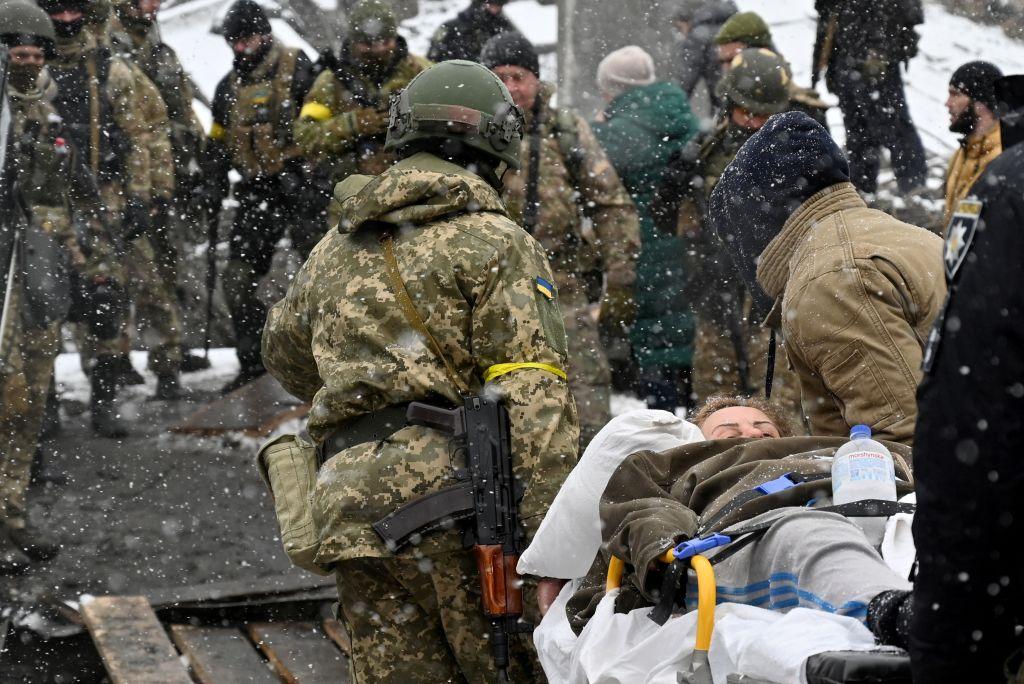Commentary
A month into the unfolding tragedy in Ukraine, and every day we are confronted with images of heroic men and women defending their country. Even some women who initially fled to other countries are now returning to contribute to the war effort, the news tells us. “Ukraine women are volunteering to fight and history shows they always have,” boasts an NPR news story.





